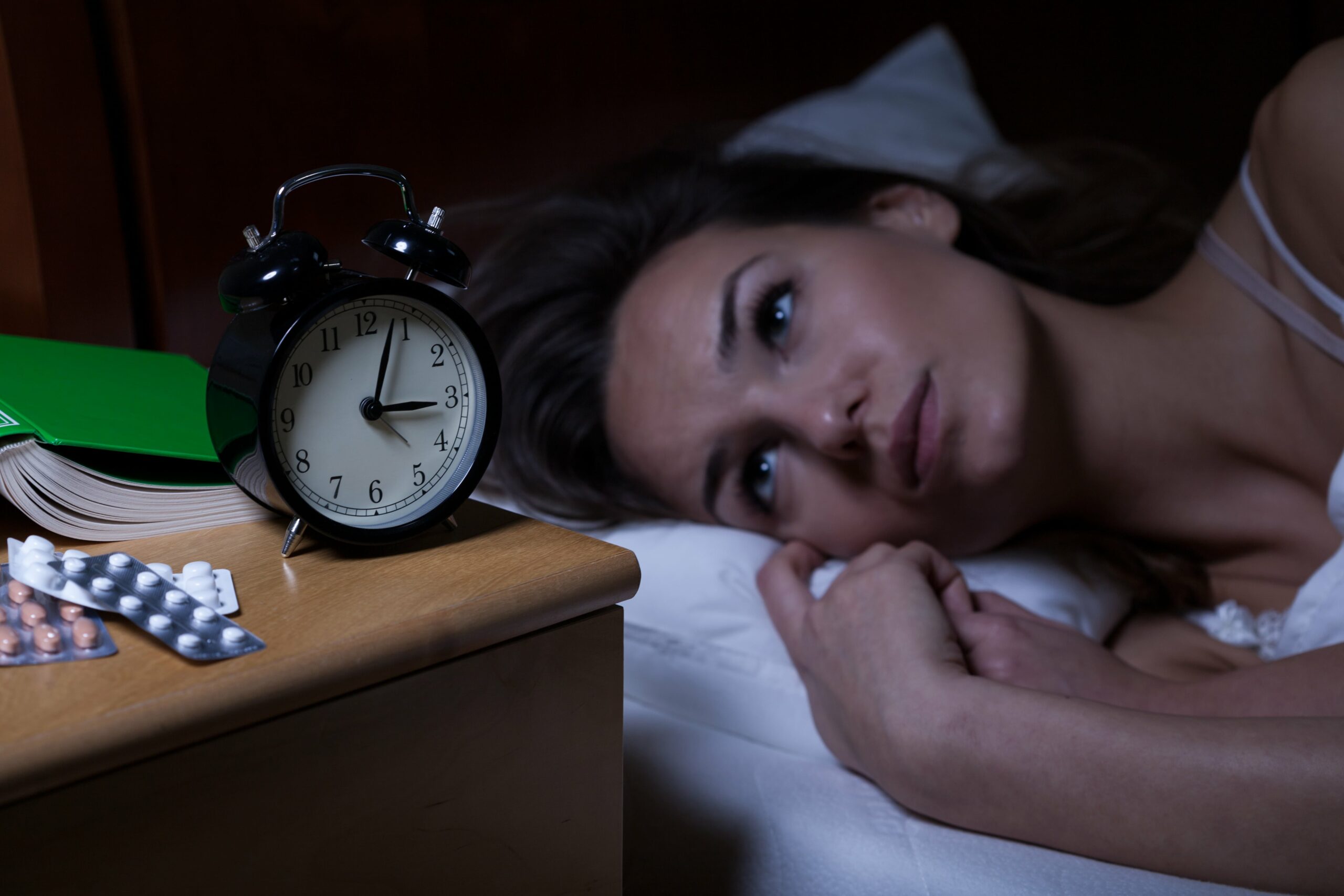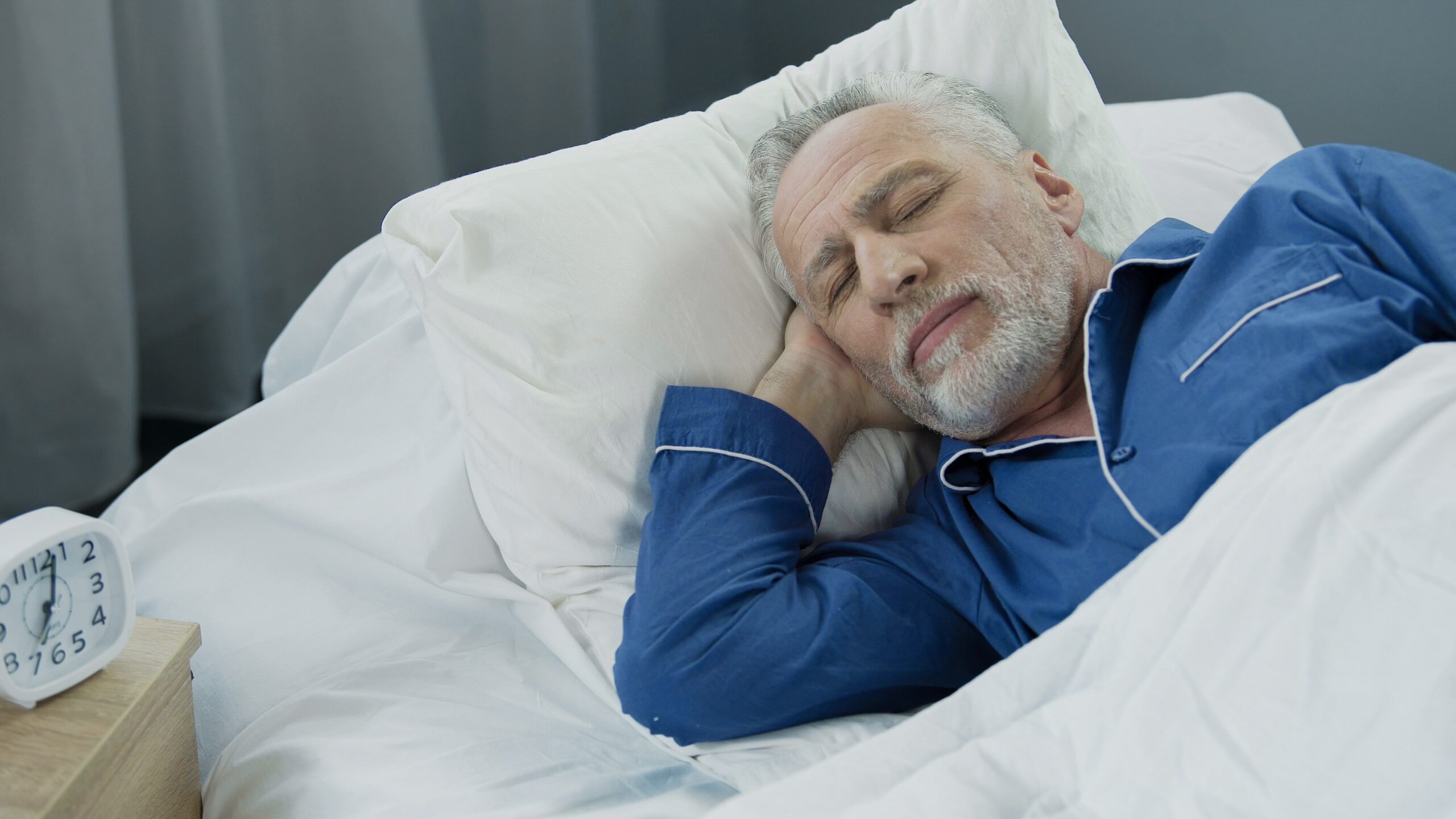Summary
– Sleep time: 4 signs that don’t deceive
– Finding your ideal sleep time
– Respecting the cycles for an easier awakening
– Consequences of not getting enough sleep
When it comes to sleep, not everyone has the same needs. According to studies, on average, you need between 6 and 8 hours of sleep to be rested, and more like 8 hours. Some people even need 10 hours to be fully fit.
Sleep time: 4 signs that do not deceive

You’re probably not getting enough sleep if :
– you often have a nosebleed during the day, or you yawn regularly;
– when your alarm clock rings, you do not feel rested;
– when you forget to set your alarm clock, you systematically wake up later than you should;
– you have difficulty concentrating or are irritable.
Good to know: the body has a memory. If you regularly wake up at the same time, it naturally wakes up at about the same time!
Finding the ideal length of sleep
During a vacation period, you can
– go to bed at the same time as usual when you are tired ;
– sleep and don’t set an alarm clock;
– note how long you slept by waking up naturally;
– repeat this experiment several times to check the duration.
During work periods, another test is possible:
– Go to bed 15 minutes before your usual bedtime and see if you need the alarm clock to wake you from sleep.
– If you need the alarm clock, go to bed fifteen minutes earlier, etc.
– The goal is to wake up without the help of an alarm clock, so you know how many hours of sleep you need each night.
Observe the cycles for an easier awakening

Each night, sleep follows a repetition of cycles. These cycles are divided into 2 phases: slow-wave sleep and REM sleep.
However, before and after any sleep phase, there is an awakening phase.
If you are in slow-wave sleep when your alarm clock goes off, you will have trouble getting out of bed. Knowing that a sleep cycle lasts on average 1 hour 30 minutes, try to choose a wake-up time that is a multiple of this number, to make it easier to wake up.
For example, if you go to bed at 11:00 p.m., get up at 6:30 a.m. instead of 7:00 or 7:15 a.m. You’ll probably feel more awake when you get up. You will indeed feel more awake because your body and mind will be more ready to wake up at this time.
Let’s take a closer look below.
The awakening phase
The activity of the brain and body is continuous throughout the day. The brain is stimulated by the external environment, such as light. The body is also stimulated by daily movements such as walking. This phase during the day is called the awakening phase.
The 2 sleep cycles
An asleep cycle is composed of two phases.
Slow-wave sleep
The first phase is slow-wave sleep. This phase allows the body to rest and evacuate the tensions accumulated during the day. The physiological activity of the body and the brain decreases during four distinct stages.
Good to know: physiological rest is not synonymous with inactivity since, during sleep, the body activates T-cell integrins, proteins that increase the efficiency of the immune system to make it more reactive in case of infection.
Rapid eye movement sleep (REM sleep)
The second phase of a sleep cycle is REM sleep. It is the shortest phase and lasts between 15 and 20 minutes. This phase is characterized by intense brain activity similar to the activity during the waking phase. Although the person is asleep, the brain is paradoxically very active, hence the name REM sleep.
Let’s take a look at the consequences of sleep deprivation.
Repeated lack of sleep can have harmful consequences:
– weight gain, type 2 diabetes, cardiovascular disease, high blood pressure, gastrointestinal disorders, viral infections;
– depression, headaches, decreased motivation, learning difficulties, dropping out of school, professional worries;
– and let’s not forget drowsiness while driving.
You will soon find new posts on this blog:
– The sleep of an adult;
– Sleep debt;
– Waking up well;
– How to take a nap;
– Slow-wave sleep;
– REM sleep;
– Sleep cycles: waking up,
Until then, stay connected, and don’t forget to leave your comments below.


